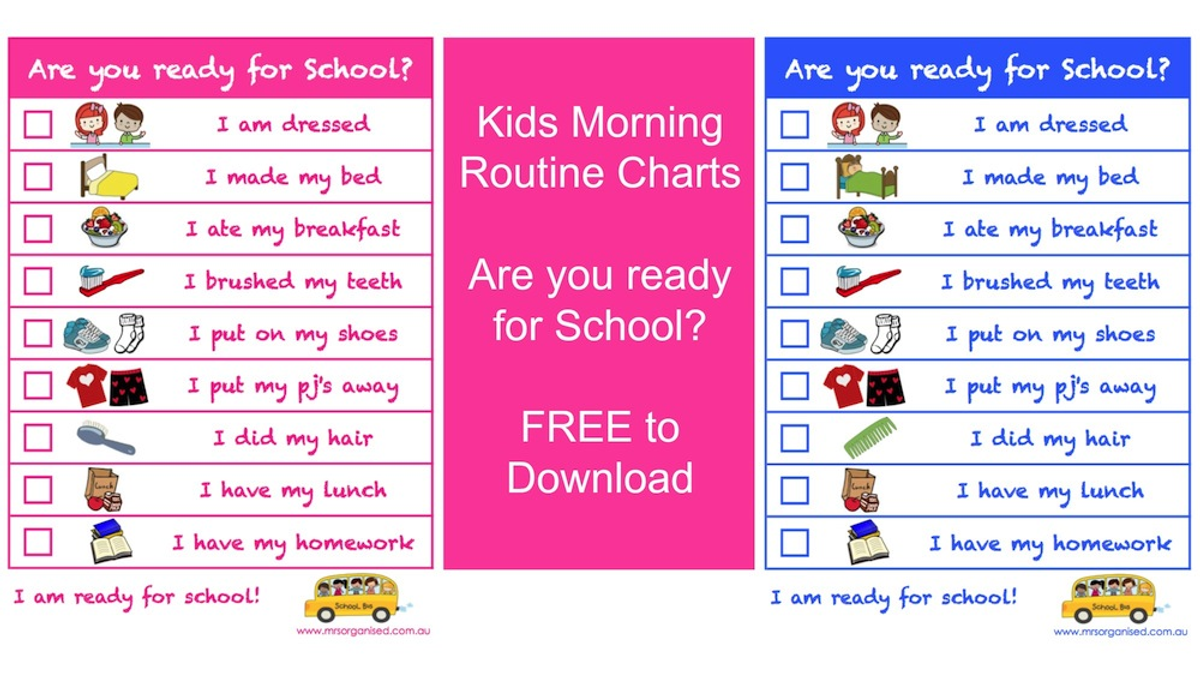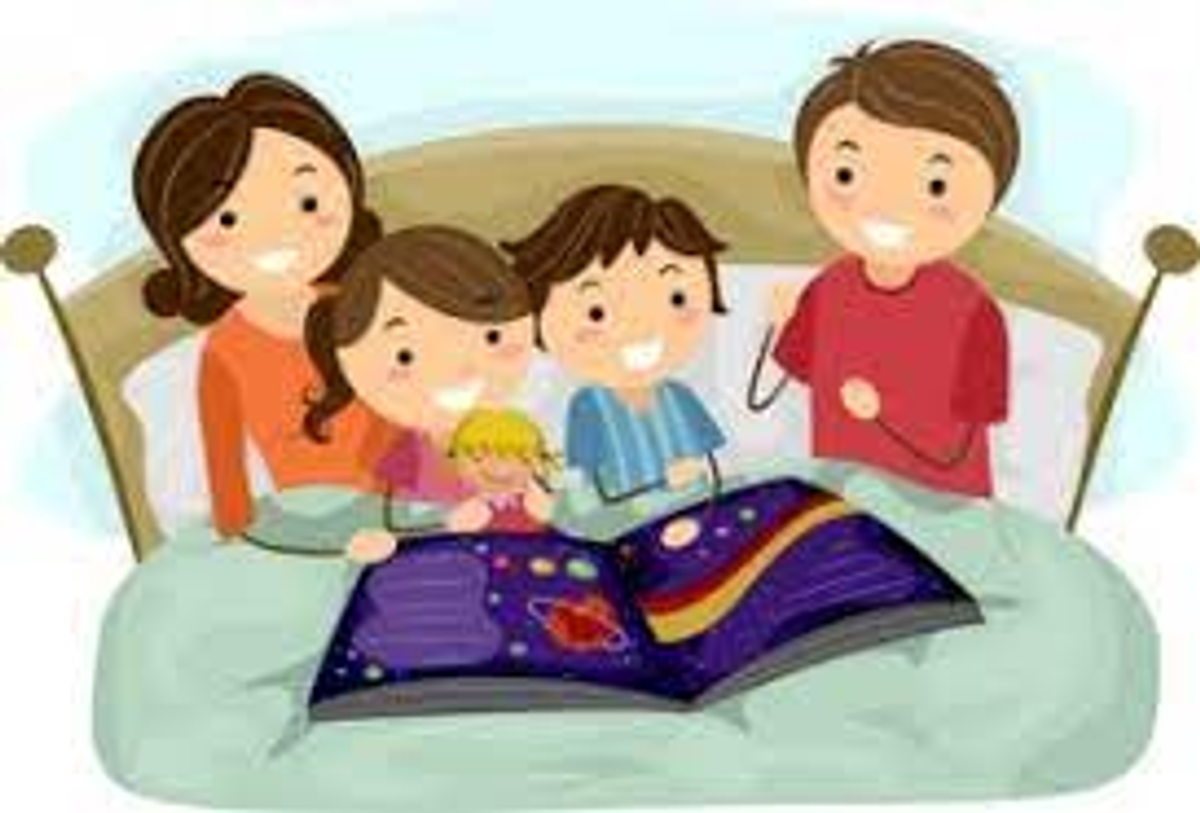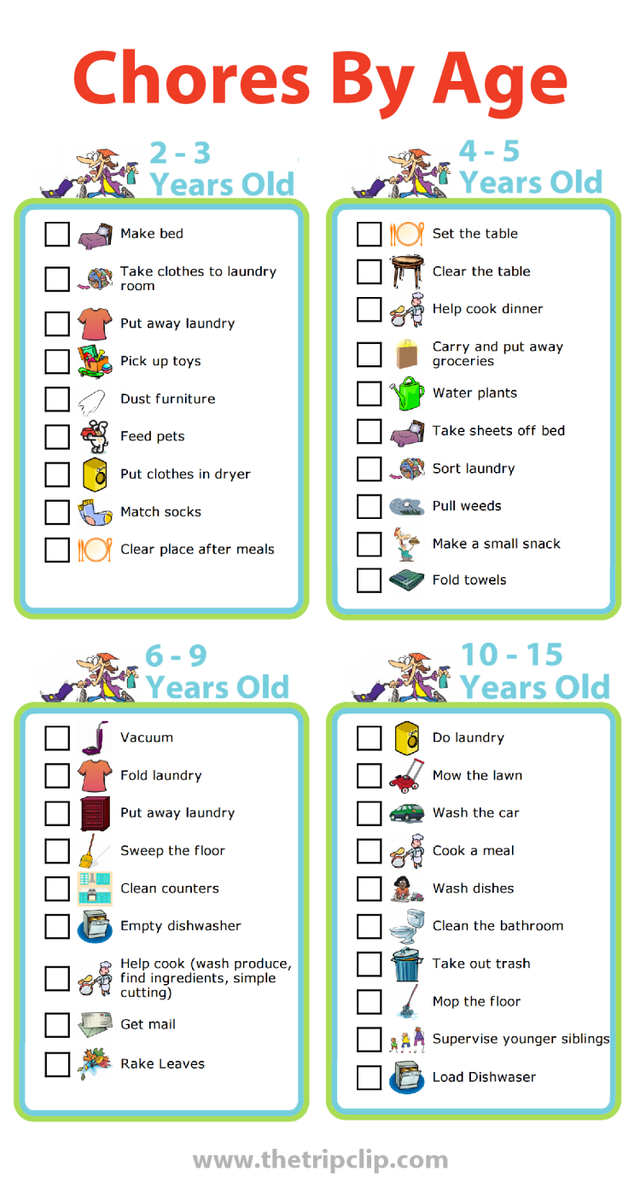Diverse Learning

How To Help Your Child If They Are Disorganised
If your child is disorganised, daily routines (such as getting dressed) may take much longer than you would wish. Your child's poor organisation can disrupt your own routine. For example, getting ready for school may be a nightmare and your child's bedroom may look like a hurricane has hit!
Ways to help….
Getting dressed
- Only buy clothes that will mix and match (try to stay away from stripes, check and strong patterns unless your child has a solid coloured item to match).
- Stack daily piles of clothes in the drawer (eg. 1 shirt + 1 pair of shorts + 1 pair of underpants + 1 pair of socks).
- Lay out your child's clothing the night before in the order that they will be put on
eg. underpants → socks → shirt → pants → jacket
- Have “ Who can get dressed first” races to encourage your child to dress quickly. Alternatively, set a timer (or play a song) and tell your child that you want them to have all the buttons done up by that time.
- Have a checklist (or poster) in your child's room to help them plan the order in which things have to be done. This may be made into a chart for your child to tick off. There are plenty of examples available online.
There are plenty of examples available online: e.g.
Get out of bed
Have breakfast
Wash my face
Clean my teeth
Do my hair
Get dressed (undies→socks→shirt →pants →jacket→ shoes)
Put my homework, hat and lunch box in my school bag
Note: Make sure that you allow your child plenty of time to get ready without (either of you) getting stressed.
Eating Meals
- Try to seat your child in the same spot every meal away from screen distractions such as TVs and iPads. This will help them to become familiar with their surroundings and practice strategies more effectively.
- Serve foods that are easy to cut up and chew. Of course, it also helps to serve food that your children like!
- Your child may find it easier to eat using special cutlery, plate guards, or cups to help your child develop their eating skills.
- Have rules for meal times - and stick to them! Eg. “Don’t leave your seat during the meal.”
Going to Bed
- Establish a routine. Eg. Warn your children 10 minutes before they have to go to bed. Then, they brush their teeth, go to the toilet, a parent reads a favorite book/ chapter of a novel, and has a quick chat. Children are then allowed to read a book to themselves for 10-15 minutes and then lights out. No technology in the bedrooms is recommended.
- Your child should be strongly discouraged from getting up again after they have gone to bed.
- Do not start conversations with your child after the lights have gone out (unless they are genuinely sick or frightened). If your child gets up, walk them back to bed and say firmly “You belong in bed now.” No other talking is allowed.
- Have a regular bedtime. The time that you choose is not as important as how consistent you are in enforcing it. However, there is substantial research indicating that many attention, concentration, and behavioral issues are due to children getting many less hours of sleep than their parents did at the same age. 5-12 years olds need 10-11 hours of sleep!
Jobs Around The House
- Talk with your child about the job that you want them to do around the house. Try to break each job down into smaller steps. Eg. if your child washes the dishes then break that job up into 3 smaller steps of:
- Clearing the table
- Scraping the plates
- Putting the plates in the dishwasher
Recipes
There are many good recipe books or online recipes for children that describe cooking step by step. Cooking is a fun way of helping children to follow steps to make something that they will enjoy. Learning how to follow steps will encourage your child to become more independent.
Ms Janelle Schembri | Diverse Learning Coordinator





